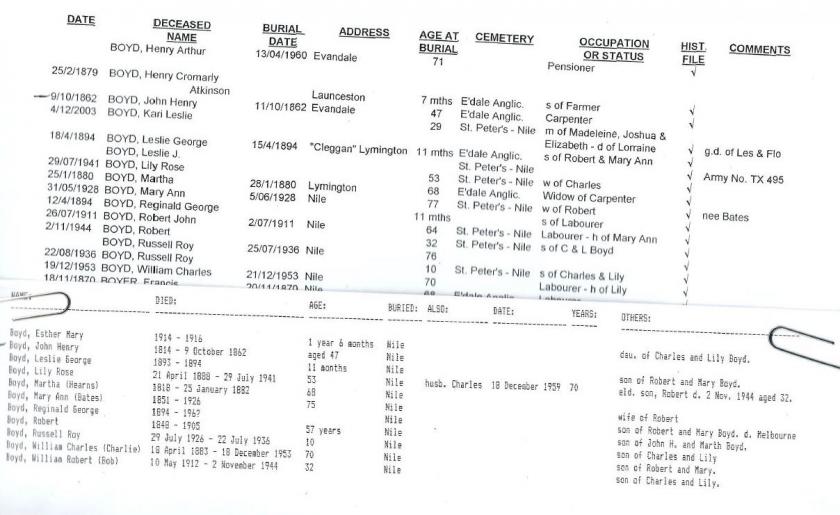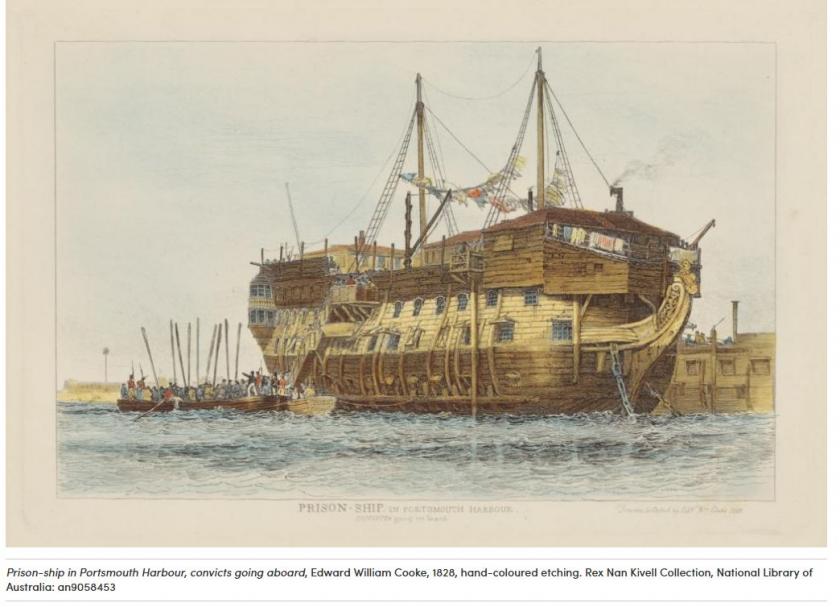This story has been created by Wendy Westgate as part of the University of Tasmania’s HAA007 Convict Ancestors unit
Martha VICO was 22 years old when she was arrested for pickpocketing. She had gone to the pub – the White Lion in Edgeware, Middlesex – with her friend Susan BURR when they had met up with a soldier who was on furlough. The soldier, William LEIGHTON, got chatting to the two women and bought them drinks; at about 11o’clock, he left the pub and spent the night with Martha, sleeping in a field. When he woke up the next morning, Martha, his purse and his watch were all gone…[1]
This act of pickpocketing changed Martha’s life completely – here is the story of what happened to her.
Martha VICO – a Convict’s Story
[1] Old Bailey Proceedings Online (www.oldbaileyonline.org, version 7.2, 13 June 2016), December 1838, trial of MARTHA VICO (t18381231-457).


